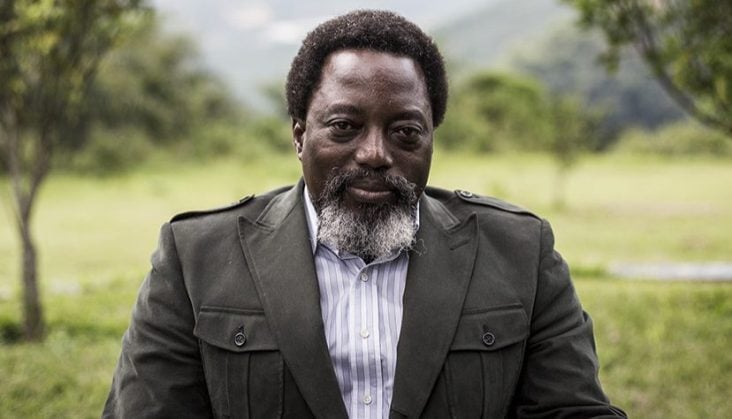
Former President Joseph Kabila has resurfaced in Nairobi, convening a high-profile meeting of Congolese opposition figures that has sent shockwaves through the political landscape of the Democratic Republic of Congo (DRC).
His appearance, condemned by Kinshasa as a provocation, signals a potential return to influence for a leader long considered sidelined.
Kabila, who led the DRC from 2001 to 2019 and was sentenced to death in absentia last month for “treason” and “war crimes,” presided over the Nairobi conclave on October 14 and 15.
The gathering brought together prominent opposition figures, including former Prime Minister Augustin Matata Ponyo and activist Bienvenu Matumo, former leader of the Lucha movement.
The meeting culminated in the launch of a new political platform, the “Save the DRC Movement.”
Participants denounced the “dictatorship” of President Félix Tshisekedi and the country’s “deteriorating security situation,” while urging Congolese citizens to “resist” and “reject unjust rulings” targeting political opponents.
Kinshasa swiftly reacted to the conclave. Government spokesperson Patrick Muyaya described the gathering as a “political masquerade,” accusing Nairobi of becoming the “capital of conspiracies against the DRC.”
He dismissed the meeting as “a nostalgic attempt by former dignitaries, now condemned or marginalized, to reclaim lost privileges.”
Kabila, 54, faces accusations of collaborating with the M23 armed group, backed by Rwanda, which controls several territories in eastern Congo.
His sentencing followed a series of military setbacks for the Congolese army and is viewed by analysts as a strategic move to prevent him from reasserting influence within the opposition.
The Nairobi conclave comes amid persistent instability in eastern Congo, where mineral-rich regions have been wracked by decades of conflict between government forces and rebel groups.
Regional rivalries and governance weaknesses in Kinshasa continue to fuel insecurity, making the DRC’s fractures increasingly pronounced.
Despite being in exile, Kabila retains a network of allies within the military and business sectors, raising concerns for the current government.
His re-emergence could further polarize an already fragile political environment, adding new layers of complexity to the country’s path toward stability.



